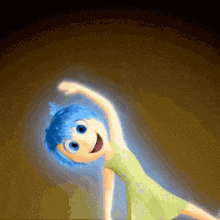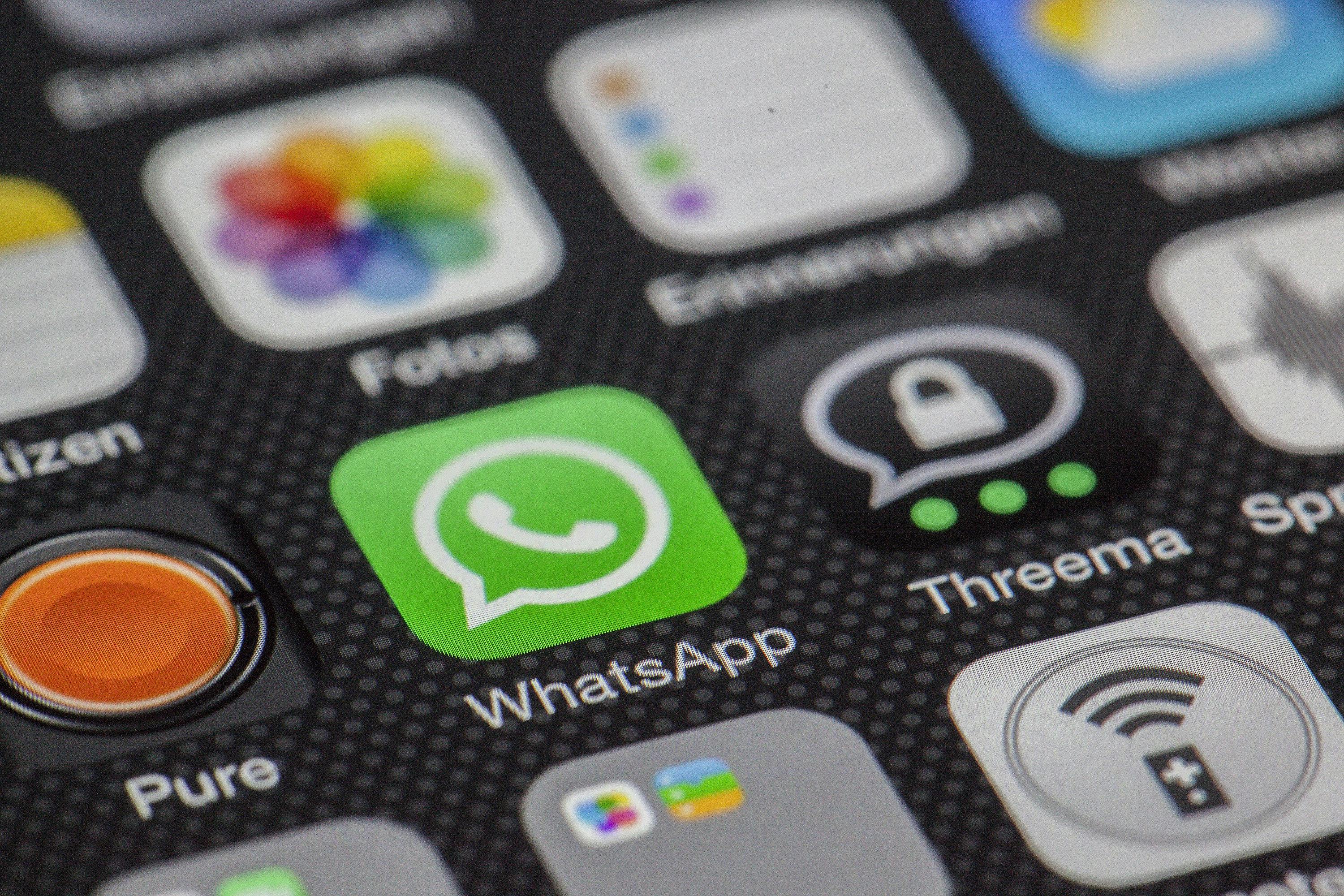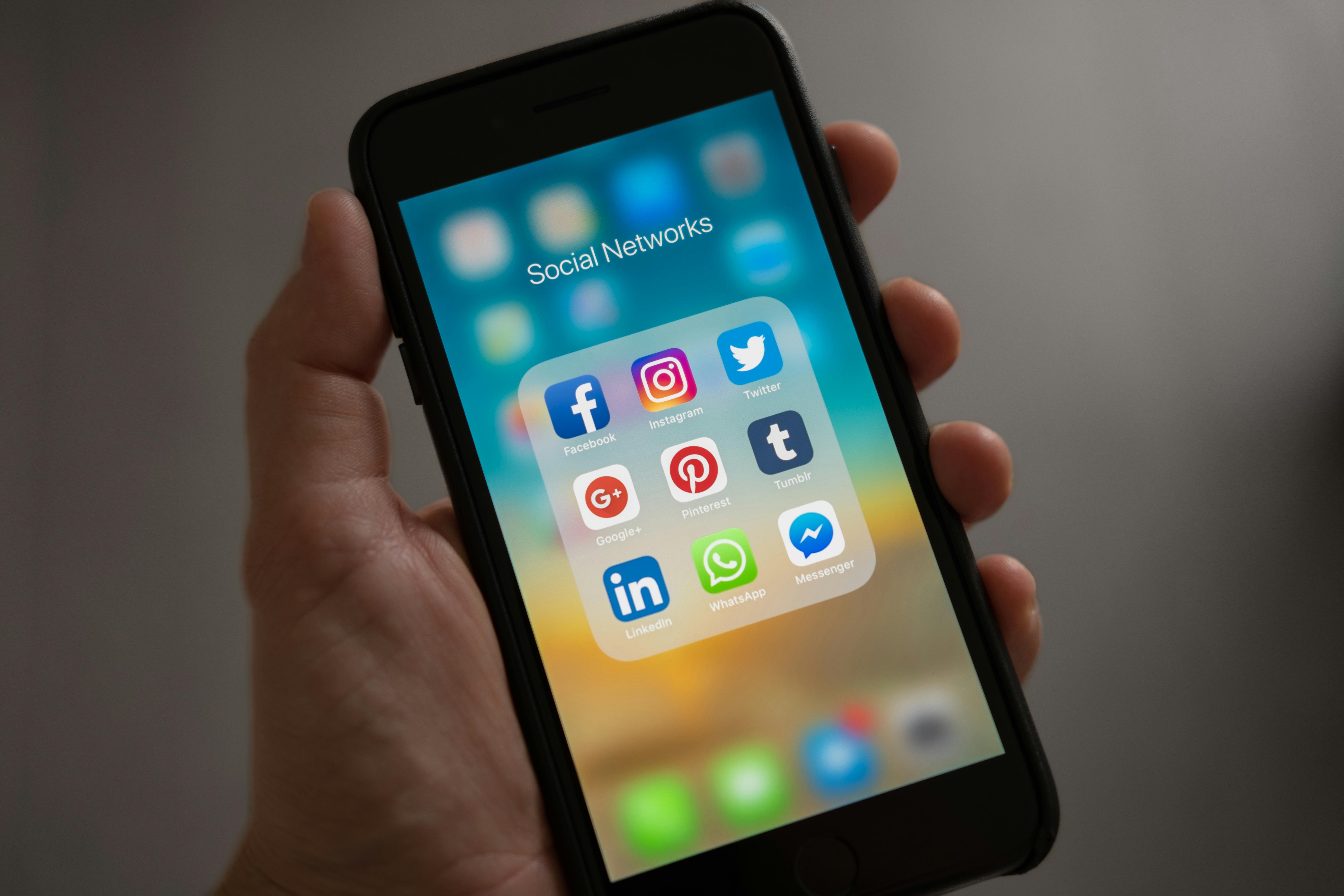What do you feel when I tell you about global warming? Immediately, you might think of melting glaciers, rising sea levels, and in particular, dying polar bears. Polar bears— it's always polar bears!
You'll frown, and think, "Can't you all climate advocates think of something more unique and touching?" On the spot you can already think of a thousand images: frail, skinny, mud-tainted polar bears grasping onto broken pieces of icebergs. From elementary school you have been fed with these sort of pictures, in every science lesson when you learn about climate change.
And yet, somewhere between the fifth documentary and the fiftieth tweet, you stopped feeling. Not because you don’t care — you do. But because caring has become exhausting.
The internet keeps shoving apocalypse into your feed: wildfires like wounds on the Earth’s skin, oceans swelling with plastic, skies choked with gray. At some point, it all starts to blur. The images that once stirred something now seem... aesthetic. A backdrop. A tragedy so often witnessed, it becomes wallpaper.
And that, is what I call digital apathy. We now live in a world where information comes at the click of a finger, wave of a hand. Scroll down your instagram feed and you can see twenty different posts on all kinds of topics: politics, social media influencers, ads, entertainment news and more.
Scroll one more time and you can see twenty more. Our brains, at the blink of an eye, are taking in so much information to the point that we are overwhelmed by the digital world. Easy, convenient, quick access to information did not make us smarter or more knowledgeable, instead, the overflow of it actually left us numb and disoriented, struggling to discern truth over slants and essentials over the noise.
This is where the "feeling less" comes in.

Image Credit: Pixabay from Pexels
Let us slide into your dms 🥰
Get notified of top trending articles like this one every week! (we won't spam you)The Psychology of Numbness
Digital apathy refers to a state of indifference, disengagement, and lack of motivation or interest in engaging with or responding to digital content and interactions. It can manifest in various ways, including reduced engagement with social media, decreased interest in online activism, and a general lack of motivation to actively participate in online communities.
Human brains aren't wired to process the volume of emotional stimuli that we're exposed to on the internet on a daily basis. Emotional responses were only for something that actually occurred, literally, in our local environment—something that you could touch, change, and see. Now, in one scroll, we're confronted with war crimes, natural disasters, police brutality, school shootings, celebrity gossip, and life hacks, in 30 seconds.
This psychic overload causes a syndrome psychologists call compassion fatigue—a reduced capacity for empathy, typically induced by repeated exposure to traumatic content. In its worst expression, it is emotional burnout. You're avoiding tragedy videos not from lack of interest, but because your body has learned subconsciously that it's the only way you can cope emotionally.
This disappointment solidifies into indifference as time passes. Because there is a new crisis every day, none of them appears urgent anymore.

Image Credits: Mikoto from Pexels

Take the Quiz: Which Inside Out Character Are You?
Inside Out is a classic but what character matches you best?
Doomscrolling and the Feeling of Being Informed
"Doomscrolling" is scrolling through piles of terrible news on the internet, typically with no means of being able to have a choice. At first, it's a feeling of complicity: If I don't know, then I'm guilty. But the activity itself more and more often is a search for a form of emotional adrenaline — sadness, anger, moral outrage.
Before long, despair is in the routines. You scroll, skim, groan, post. You "raise awareness," but not so much that you do anything about it. Social media offers the illusion of connection, but really, you're in a passive feedback loop with no consequence.
The online universe is now structured to promote speed and sensationalism. Issues are boiled down into soundbites. Good analysis is hidden behind flashy headlines. Algorithms promote outrage, virality, and quick solutions at the expense of subtlety and contemplation.
Here, everything is vying for attention. A [censored] post might be right next to a makeup tutorial and finals week meme. The proximity gives sentimental value. When tragedy and silliness are next to each other, it's hard to know what to listen to.
What ensues is a crisis of content: we know more, yet know less. We consume more, yet engage less. Knowledge gets atomized, and rational thinking gets dissipated through emotional whiplash.

Image Credits: Pixabay from Pexels
The Algorithm Knows You're Tired
Social media sites are not designed to be clear. They're designed to be interactive. That is, they're highly attuned to what will keep you online the longest — and, sad to say, outrage and worry are usually the most effective hooks.
But the algorithm has also come to understand that you're fatigued. And when it senses that you're operating on fumes, it hits back: more escapist material, more distraction, fewer painful realities. It doesn't want you to feel too little or too much — it wants you to feel just enough to scroll.
This creates a killing paradox: the more we rely on electronic media to remain aware, the more the media control the speed, flavor, and emotional beat of the awareness we receive. And that's not learning. That's conditioning behavior.
From Clicktivism to Cynicism
Digital disengagement doesn't begin with individuals being irresponsible. It usually begins with individuals caring too much, too much, too quickly — and burning out. First, we over-embellish our stories with infographics, signatures, and hashtags.
Weeks, months, or years go by, though, and the same cycles reappear without any real shift. Governments remain corrupt. Climate agreements fail. Institutions of racism remain.
Eventually, hope is lost. Action seems pointless. What was once "clicktivism" — the attempt to make social change by utilizing online tools — becomes cynicism: an intimation that nothing on the internet ever actually makes any difference anymore.
That no post ever changes the world. That activism is not even a possibility.
This cynicism is not just a personal attitude. It becomes a cultural mood. It's infectious like static to subsequent generations growing up in the midst of a digital storm, watching every cause diluted with content and every movement commercialized as a trend.

Image Credit: Le Blanc from Pexels
Reclaiming Feeling in a Flattened World
Digital disaffection is not a requirement. But to resist it, one has to make an effort of conscious resistance.
We must find how to refocus in a distracted economy. Perhaps some intentional curation of your feeds. Choosing depth over breadth.
Forgoing screens for times of reflection, reading, and contemplation. Engaging in slow, place-based activism. Not only asking myself what do I know? but what can I do?
Rather than responding to everything, pick some subjects and dive. Read the histories, hear the communities. Rather than tweeting every breaking news headline, leave room for nuance. Utilize digital tools to supplement, not supplant, actual effort.
And most of all, permit yourself to feel again. Not for the stage, but for clarity. Feeling is the first act of rebellion against complacency. To feel is to remember that you are human.
















